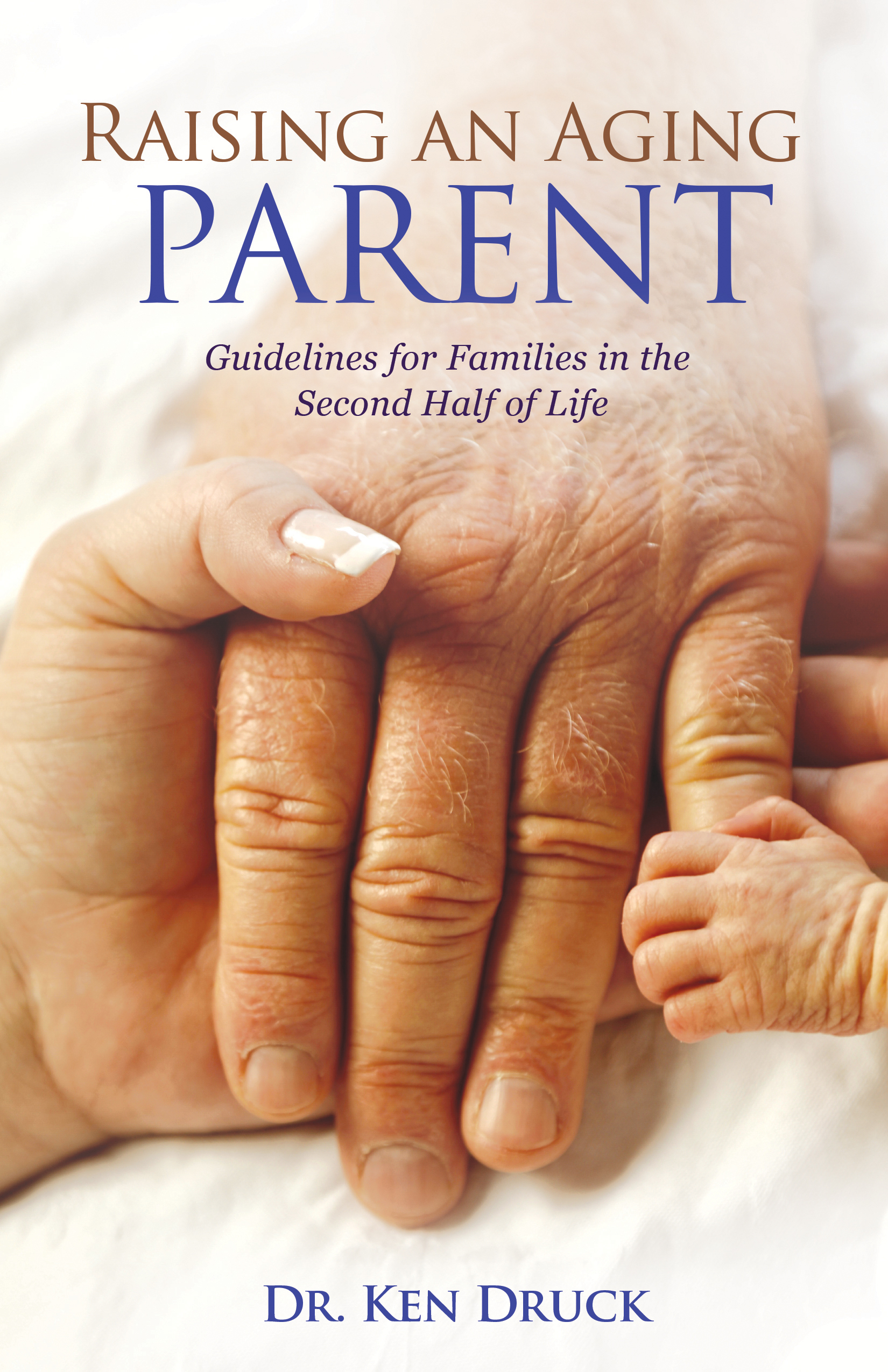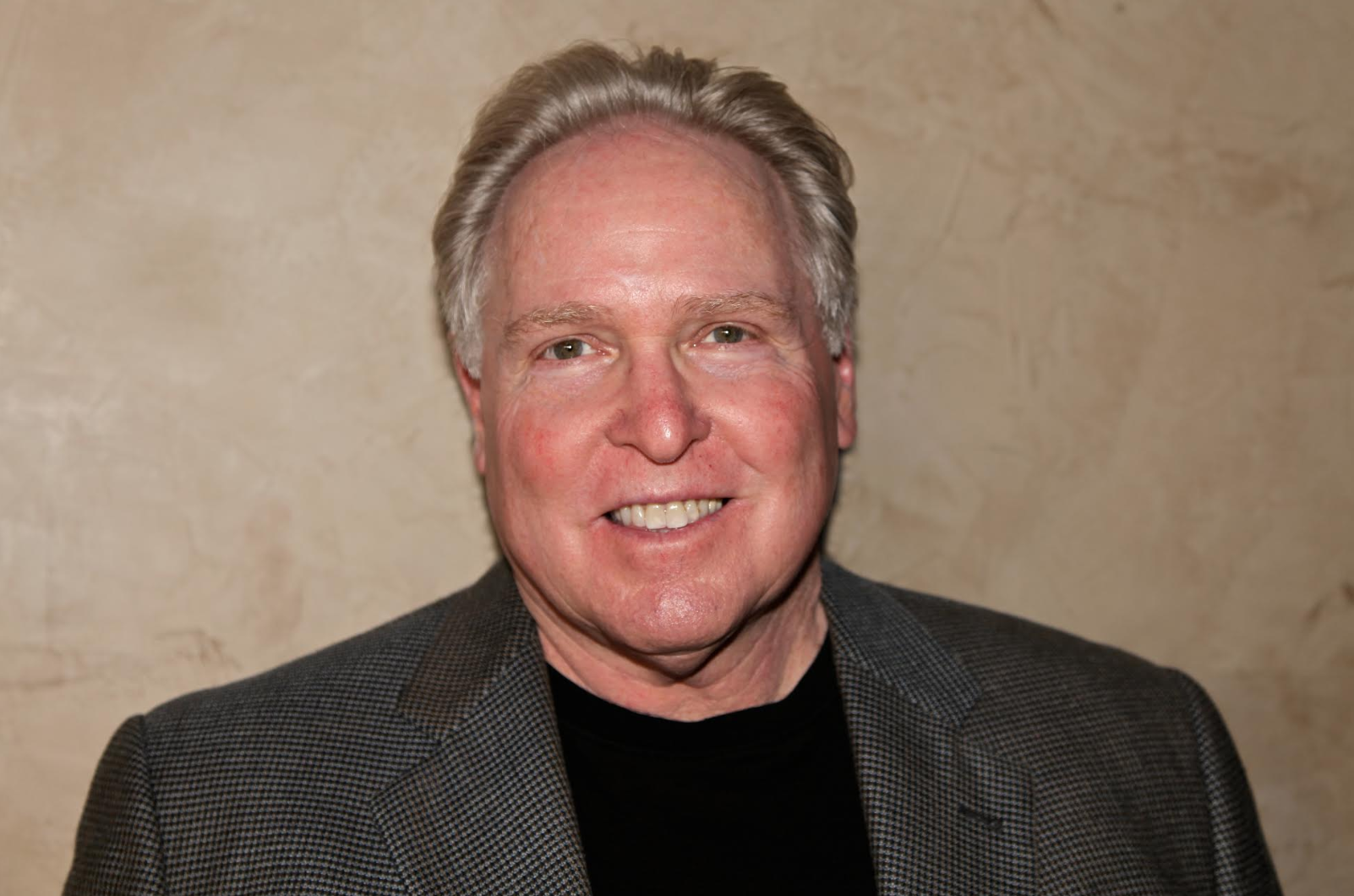Excerpted from Raising an Aging Parent: Guidelines for Families in the Second Half of Life
LEAVING A LEGACY OF LOVE: CREATING THE BEST POSSIBLE FUTURE
At first glance, the title of this chapter may seem like too much to promise or imagine. Given what we’ve been through—all the changes, losses, turns in the road—how, we may ask, could we dare to believe in creating our best possible future by leaving a legacy of love in our family? And might doing this have any positive effect on the troubled world we live in?
As you’ll see, everything that you’ve read about and worked toward in the previous chapters has paved the way to a better life for you and for your aging parents. A happy family is not one that is carefree, without conflict or loss. Life doesn’t work that way. On the contrary, a happy family is one in which its members have learned that life is a package deal. We savor the joys, gifts, blessings, adventures, and miracles our lives have afforded us, and we do our resilient best to turn into opportunities for growth all of life’s inescapable and unwelcome conflicts, disappointments, losses, changes, and growing pains, including the ones that come with raising an aging parent.
Family relationships are complicated. The fact that most families are riddled with conflict is a testament to how challenging relationships between aging parents and their adult children can be. It’s hard being a human being and even harder interacting with others. That’s difficult! And yet we think something’s wrong when differences and problems arise. In fact, these “hiccups” are simply part of the nature of relationships and being a family.
Bear in mind that we’re all making life up as we live it. It’s not as though our parents raised several sets of “starter kids,” so that when we arrived they knew exactly how to raise us. They didn’t always know what to do, but they used what they had and did the best they could, just as we’re doing with our own children and aging parents. Everyone makes mistakes, and differences will inevitably arise between members of any family. Sorting out those differences in a loving, constructive way is what makes a family whole. We learn to bridge our differences in the safety of a loving framework called a family.
As parents age, there will be undeniable pain that comes with love. When I work with families grieving the loss of a parent, I sometimes offer them two choices. The first is this: “In order to stop feeling this terrible sorrow, you must sever all the nerves to your emotional heart, and stop loving your mother or father.” The second choice is different. “Bear the pain of this loss to keep your love alive forever,” it begins. “Endure these tidal waves of grief knowing that your love for them will live on.”
No one has ever chosen the first option.
But know there will be pain with the second. Since this is a given, the best we can do is prepare ourselves to weather the storms and tidal waves when they come. Every grief has a life and timetable all its own. Allowing ourselves to mourn the losses of our parents and generously permitting ourselves a period of sorrow is how we find the strength to continue living out our own lives.
In each chapter of this book, we have covered different aspects of how to be resilient and build stronger bonds as a family. Those lessons both give us a deeper understanding of how to love an aging parent and provide us with powerful insights into how families move through the cycle of life and make the most of their time together.
HEARTFELT GUIDELINES FOR A HEALTHY FAMILY IN THE SECOND HALF OF LIFE
Yes, watching our parents get older is hard. And losing them is heartbreaking. Whether or not you’re going through a loss right now, trying to build strength in anticipation of the inevitable, or wanting to make sure you are doing all you can to care for a parent, here are a few final suggestions. The following agreements, practices and guidelines, summarizing what we’ve learned about effectively raising an aging parent, can help us navigate the uncertain future, and harvest the love we have for others. Check the boxes of the guidelines, practices and agreements below that will make your relationships and our world a kinder, safer, and better place:
- We agree to communicate our needs and wants in a direct, forthright, and respectful manner.
- We agree to get out in front of potential family conflicts by talking things out, listening to one another, and setting healthy limits and boundaries.
- We agree to operate in good faith, giving others the benefit of the doubt.
- We agree to remain humble and apologize if/when appropriate.
- We agree to clarify how we feel and what we really want.
- We agree to work through family disagreements and make collaborative decisions when possible.
- We agree to let go of anger and resentment and to forgive one another.
- We agree to take good care of ourselves and one another during stressful periods.
- We agree to keep our hearts open to each other.
- We agree to get help from a family coach/counselor if and when we reach an impasse, get stuck in conflict or go through a tragedy.
- We agree to keep one another in the loop when it comes to making family-related decisions.
- We agree to embrace “enough-ness” by acknowledging that we aren’t perfect, that we don’t live in a perfect world, that we won’t do a perfect job as the adult children of aging parents, and that our parents weren’t perfect parents to us but that they did their best, just as we are doing.
- We agree to try to make peace with life as it is. When we experience the pain of our parents changing or diminishing right before our eyes, we grieve a living loss. Realizing that our parents are not going to be with us forever, we tap into and voice the unspoken, unexpressed love, gratitude, forgiveness and appreciation we have for them. And when they pass, we grieve the conclusion of their lives, as well as the parts of our own lives that have now come to an end. By learning to allow our sorrow and discovering how intricately connected it is to our love, we begin to navigate a new era of our spiritual journey through this life.
- We agree that we are works in progress as a family and that our fears, anger, and insecurities will sometimes get the better of us. In these times, we will do our best to take a deep breath, get back on track, follow guidelines like these and forgive ourselves and one another when and wherever necessary.
By following these guidelines, cultivating these practices, and working hard to keep these agreements, we make it more likely that our relationships with our parents and siblings will go well. At the core of successful relationships between aging parents and adult children are conversations they need to have with one another. For adult children, this starts with listening to things your parents might like to tell you but have not worked up the courage or trust to do so. Summoning the strength to talk to your parents about what’s in your heart is paramount. With patience and love, ask open-ended questions such as, “Mom, what makes your heart sing? And what makes it heavy?”
Raising an aging parent is a call to step up in new and powerfully caring ways; to take on a new role in our lives, balance the care we are giving to someone else with the care we give ourselves, and make a few midcourse adjustments in how we view our parents. It’s time to pay forward the good in our lives, including the fairness, kindness, forgiveness, directness, and courage we have cultivated in our families.
Whether you’re a member of the sandwich generation, caring for your aging parents and kids at the same time and trying to have a life of your own, or you’re in the busiest time of your life, chaotic yet also rich with meaning, or you’re in the emptiest, loneliest season of your life, devoid of activity and purpose, do your best to rise to the occasion. Bear down, show up, and make some changes for the better.
Decide what you’d most like to change, and then make it happen. If you’re the kind of person who pushes too hard for change in family matters, lighten up. And if you’re the kind of person who doesn’t push hard enough for change, push a little harder.
FINDING PEACE
Imagine you’re having coffee or lunch with a dear friend, one who knows what you went through with your parents. Candidly, your friend asks, “How do you feel about what happened with your parents and in your family?”
Your answer may be one of pride, satisfaction, and joy about the way things turned out. But it’s also possible that you experienced deep hurt, despair, frustration, and resentment. Or you may answer that you feel a mixture of these things: happy your parents gave you and your siblings a wonderful childhood, but sad they are getting older. You may look squarely into the eyes of that dear friend and say, “You know what? Growing up with my dad was not easy, but I’m okay now.”
Years ago, I flew to Chicago to see Ace, a close friend of mine who had been a Special Ops Marine and was now dying of ALS. Ace and I had very different political views but we loved each other dearly. In addition to the many ways he had been like a brother to me, Ace had been a godfather to my daughter Jenna. Along with my buddies Terry, Mark, and Robert, he was a lifeline to me in the agonizing days after Jenna’s death, imploring me to keep on keeping on.
Before I left the hospital on that last visit, Ace gave me one of the greatest blessings of my life. “Looks like you’ll be the first to kiss Jenna,” I said to him.
“You’ve still got to fly home tonight,” he replied.
His message that life is uncertain, and that we should not take anything for granted, has stayed with me all these years. But his next words were the ones that became a blessing:
“Kenny, we did good!”
Though I had been in the presence of many great religious figures of our time, including Mother Teresa, the Pope, and the Dalai Lama, I felt that this blessing meant more to me than any other.
I wish the same blessing for you. May each of us someday look back on the landscape of our lives and say, “Given all the surprises, unwelcome changes and challenges, the gifts and miracles—we did good.”
THE SANCTITY OF FAMILY
To raise an aging parent is to be a good son or daughter. This includes helping the parent through life’s passages and its ending. If we have also had the experience of becoming a parent, we know the many joys and challenges of raising a child. But raising a child or taking care of an aging parent is, most of all, a matter of loving and elevating them.
As we raise them to new heights, we also grow into greater versions of ourselves. Being a parent brings out the best in us as human beings. We are able to love, give to, sacrifice for, serve, and support another person significantly more than we were able to in the past. Raising an aging parent allows our relationship with our parents to grow into its highest expression and flourish.
As small children, we loved our parents with a kind of dependent innocence. As we grew up, our love may have deepened or been diminished by disappointment, despair, or flaws in the way we were raised. As adults, we all have a choice. We can remain bitter and blame our parents for everything that goes wrong in our lives, or we can learn to embrace all the imperfections and resolve that our parents did the best they could with what they had. While it may not always be possible to cultivate a heart of gratitude rather than resentment, we can practice forgiveness and make peace with our parents. By doing so, and breaking the cycle of parent-generated pain, we create a new and improved template for the next generations.
Some of our world’s greatest and most inspiring leaders suffered terrible familial adversity, endured unspeakable injustices, and grew up in impoverished, war-torn communities. But these men and women summoned the strength to raise us all up by turning their deepest wounds into a healing, guiding, and enduring standard.
A family that aspires to peace and leaves a legacy of love for the next generation is a gift to its members and to its friends, neighbors, community, and cultures. A family in which members treat one another with love and respect is a beacon to all of us. As all of us work hard to make our families better and stronger, we are also making our communities better and stronger.
Raising aging parents with a loving heart, helping them put their houses in order, holding their hands through difficult transitions, allowing ourselves to be loved and appreciated, taking good care of ourselves as caregivers, and keeping our families strong through good, sound communication defines us as good sons and daughters and represents a gift to our children, grandchildren, and others we may not even know in the world we share. There is no better way to show eternal gratitude for the life you have been given than to pay the good forward, leaving a legacy of love.

Excerpted from Raising An Aging Parent: Guidelines for Families in the Second Half of Life by Ken Druck with permission from the author and publisher.
Follow us here and subscribe here for all the latest news on how you can keep Thriving.
Stay up to date or catch-up on all our podcasts with Arianna Huffington here.


